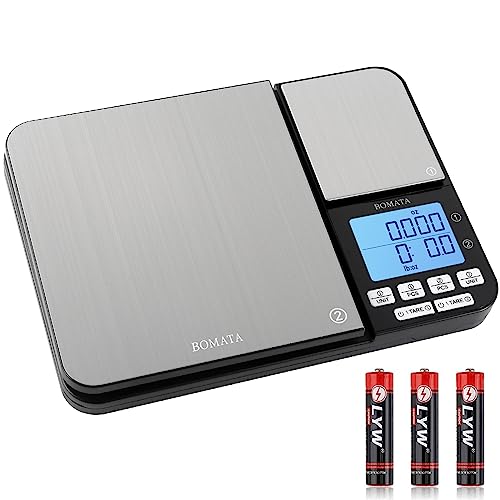dagmar88
Well-Known Member
yup, my hub used to work for a company that also manufactued bulk cosmetics & soap. They employees looked like martians, wearing all kinds of protective gear and serile suits.
They'd store their packaging in a clean place and use it when needed.
They'd store their packaging in a clean place and use it when needed.
















































